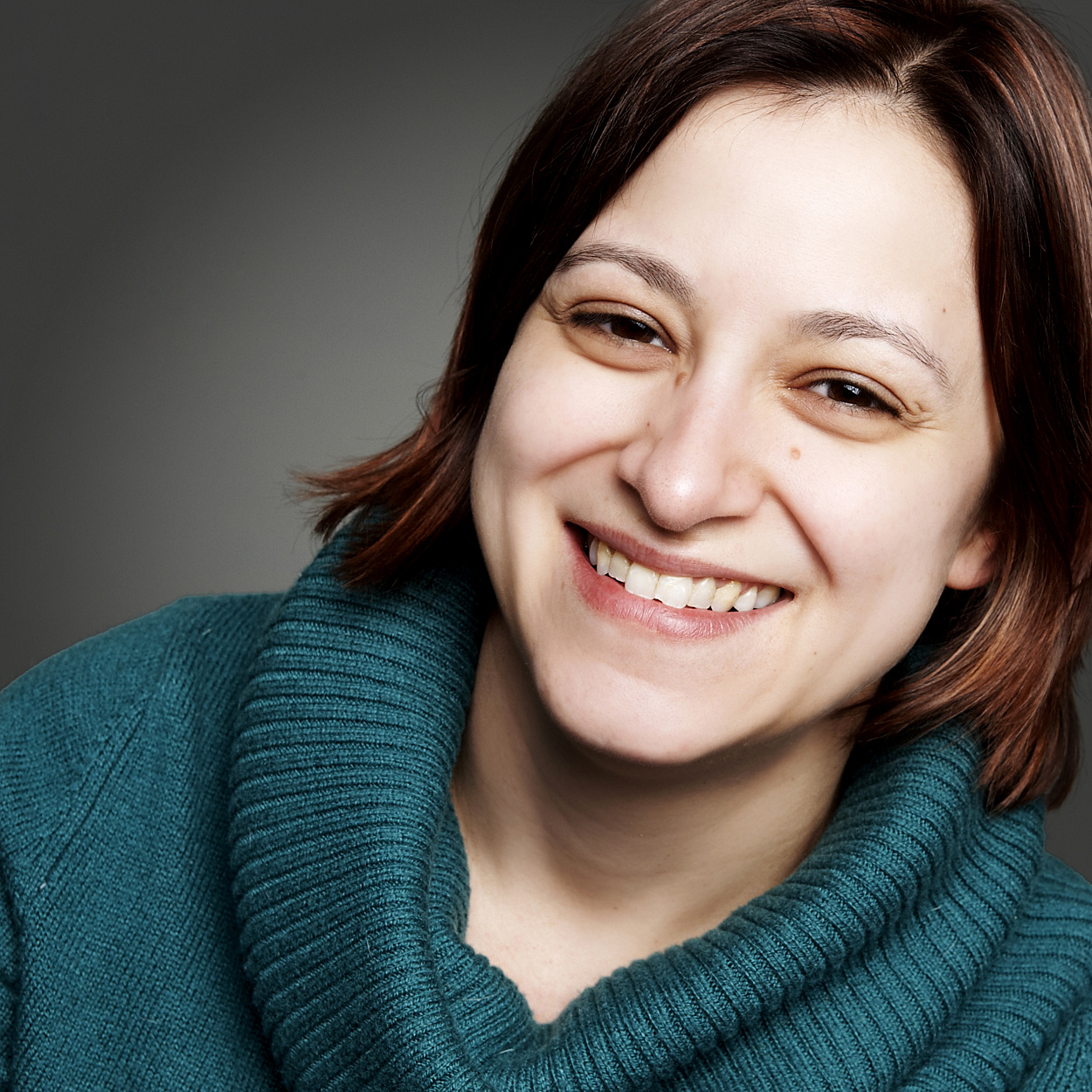I have always taken pride in voting, encouraging my high school students of age to do the same, and preparing my middle school students through mock elections. I have even caucused and organized mock caucuses at my former middle school, and gotten out the vote through door-knocking and “lit-drops.” But until recently, I thought that civic engagement was confined to the fall, and that civics education was JUST for students.
That’s why my day-long visit to the Capitol last month—not with students, but as a constituent—was such a revelation for me. I realize now that not only can I engage my students in civics year-round, I can also participate more deeply myself.
When my teaching career started over a decade ago, I didn’t consider civic engagement especially important. I voted in presidential election years and in national elections along party lines, taking a more haphazard approach in local races. Based strictly on names, I threw my voting power behind candidates of color, or if that wasn’t possible, behind women.
But, as time passed, teaching opened my eyes to the challenges faced by my immigrant students and to those whose families were impacted by a host of other issues. Slowly, I developed a more policy-based approach and started to pay attention to candidates’ positions on the issues most important to me, my students and my community.
As even more time passed, I began to see my role in politics extend beyond being a voter to also being an educator of future voters. As a teacher of language arts, special education and ESL, and later as a media specialist (the last two are positions I still hold), I used to think that civics was far outside of my content area purview. But I came to see that public policy impacts schools at every level, from testing to funding, and that, as an educator, I must use teachable moments to demonstrate to my students how laws and policies affect their lives.
For example, when I worked in Richfield, a district with a large percentage of Latino students, immigration policy was an issue near and dear to many of my students and their families. We explored the DREAM Act and pathways to citizenship and in 2000, discussed the census, the design of its racial and ethnic identity categories and how the information collected would impact our communities. Finally, one of my proudest moments as an educator came when Rep. Keith Ellison visited my school for Black History Month, and I witnessed a panel of students question him on his path to politics and his future aspirations.
Over the years, I’ve not only grown into a more informed voter, but I’ve also found opportunities to help my students feel engaged in civics, too. I’m always encouraging them to vote, to think about the issues that matter most to them and to get involved. Policies impact them, so their voices matter.
But my recent trip to the Capitol taught me that I need to listen to my own advice. Policies impact me, too—as an educator, an out-of-state teacher, etc.—and my voice also matters.
In the course of my Capitol visit, I met with my state senator, Sen. Jeff Hayden, as well as Rep. Diane Loeffler, and shared with them where I stand on hot education issues, particularly out-of-state teacher licensure (as a Minnesota native with additional licenses to teach in Texas that aren’t recognized in my home state, this issue is very important to me). They were welcoming and interested in my story, and asked thoughtful questions on related bills currently in the Legislature, but didn’t expect me to be an expert or have all the answers.
At the start of the day, I was nervous—nervous that I was unqualified to speak to legislators on policy issues. But by the end of the day, I had gained confidence from seeing that these lawmakers were regular people, people who seemed to genuinely care about my opinions. I also gained confidence in my story and perspective, and am eager to advocate even more for issues that impact me, my students and my schools.
Leah Delia Larson is a library media specialist at the Perpich Arts High School in Golden Valley and an ELL teacher at Crosswinds Arts and Science School in Woodbury. She started her career in education in 2001, and has taught everything from middle school ESL and special education in Texas to elementary school in Brooklyn. After teaching for several years, she moved back home to Minnesota to complete a degree in school library media, and went on to work for six wonderful years at Richfield Middle School before transitioning to her current roles. Leah is passionate about many things, particularly literacy, culturally competent curriculum and teaching, equity teacher training, increasing Latino student achievement and family engagement, bilingualism and social and emotional health.
The MinnCAN blogging fellowship allows Minnesota teachers, administrators and parents to share their thoughts on key education issues. MinnCAN supports fellows seeking to advance the conversation around public education, though fellows' views and opinions are solely their own.
